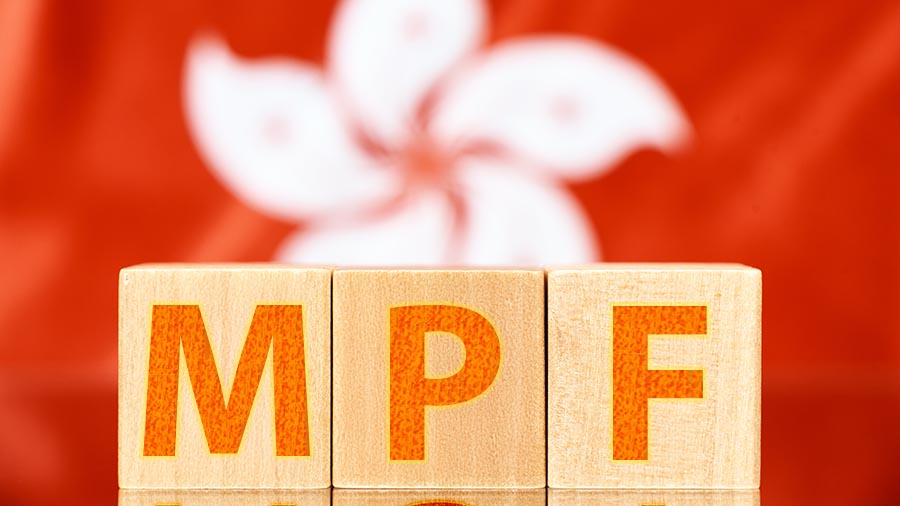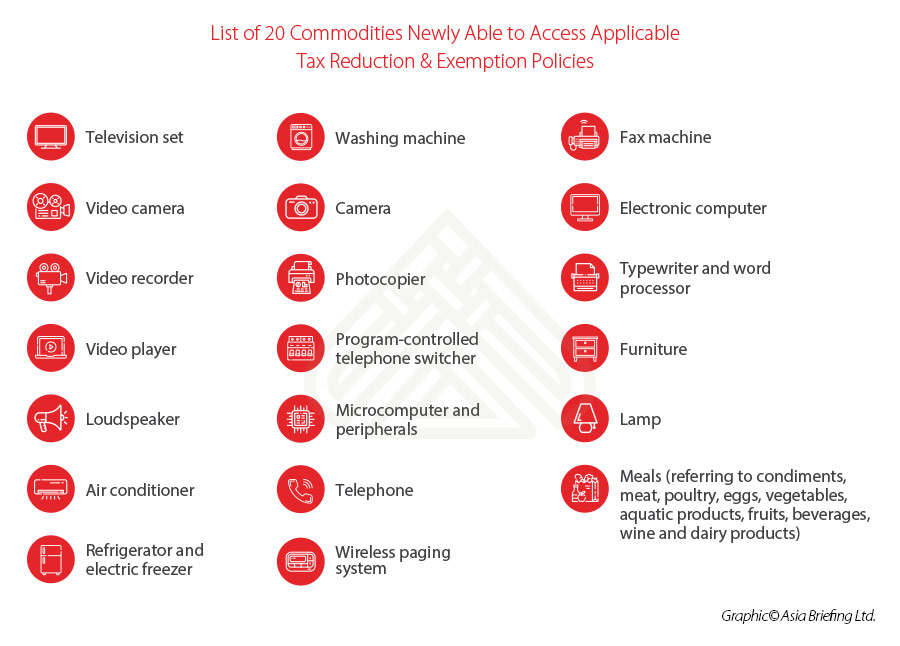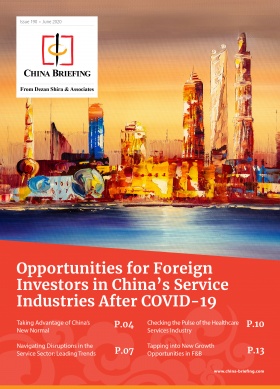China Reinstates Import Tax Reduction and Exemption for 20 Commodities
From August 5, 2020, China has reinstated its tax reduction and exemption policy for 20 commodities, meaning importers can now enjoy tariff exemptions and import-tax related deductions where applicable. This is according to the Announcement about Stopping Tax Reduction & Exemption for 20 Commodities, jointly released by the Ministry of Finance, the General Administration of Customs, and State Administration of Taxation earlier this month.
In short, the announcement will mean that importers of the stipulated commodities will benefit from preferential tax policies that otherwise apply to goods, trade methods, and enterprises of their type.
Here we explain some of the key details surrounding this policy reinstatement.
Restarting preferential import policies for 20 commodities
Beginning August 5, 20 types of electronic appliances, household consumer items, and food products will be subject to tax exemptions that are otherwise applicable to their product type, trade method, region, or enterprise type.
This is a stark reversal of the 1994 policy Second Step of Clearing up Tariffs and Import Link Tax Reduction and Exemption (Guo Fa [ 1994] No. 64 ), which prevented the application of tax exemptions and tax reduction policies on a whole range of imported goods “no matter what trade method, any region, enterprise, unit or individual import.”
The 1994 policy impacted the 20 specified kinds of commodities (not including its key parts), in addition to other key types commodities, such as machinery, equipment, construction materials special vehicles, office supplies, and much more.
This was originally introduced so that China could build up its own manufacture and supply of these mass-produced technology and household goods. However, as these items have now become ubiquitous in China’s domestic markets, the continuation of this policy was no longer deemed to have a significant impact on the relevant industries.
The 20 commodities that will be subject to these relaxed rules are shown below.
In practice, this will mean that consumers and businesses importing these commodities can benefit from the applicable tax reductions and exemptions.
For example, under China’s adjusted parcel tax scheme, items brought back to China in person are subject to tax-free threshold – capped at RMB 5,000 (US$722.4) for Chinese nationals and RMB 2,000 (US$289) for foreign nationals. Within this threshold, the item is tax-free if it is deemed to be for self-use.
Ordinarily, cigarettes, alcohol, and these 20 categories of items listed in the notice are excluded from the exemption. However, now with the new announcement, the stipulated 20 commodities can enjoy this tax exemption and also benefit from the tax exemptions within this threshold.
Since January 1, 2019, goods purchased through e-commerce platforms within the threshold applicable to each purchaser (RMB 5,000 (US$722.4) for individual purchase and RMB 26,000 (US$3,756.5) for cumulative annual purchase are exempt from import duty and a 30 percent reduction of the applicable consumption tax and import VAT. This will now also apply to these 20 commodities stated above.
Aside from this, the notice will affect import duty on these 20 categories of products, which include any import duty, import VAT, and import consumption tax exemptions and reductions that may be applicable to these items.
Implications for the affected industries
On paper, China’s imports of electrical commodities – including sound recorders reproducers, television image and source recorders and reproducers, and parts of accessories of such articles, comprised a sizable 24 percent (US$521 billion or RMB 3.6 trillion) of all Chinese imports in 2018.
However, in reality, most of what is imported are electronic parts and components, which are in turn used to manufacture larger electronic appliances for export – meaning the actual import of large electronic appliances, such as the commodities listed in this most recent announcement, is comparatively low.
This is clearly shown when taking four electronic appliances as examples.
According to data released by the National Household Appliance Industry Information Center, in 2019, the market size of televisions, air conditioning, refrigerators, and washing machines in China was RMB 128.2 billion (US$18.6 billion), RMB 191.2 billion (US$27.7 billion), RMB 95.7 billion (US$13.8 billion) and RMB 70.5 billion (US$10.2 billion), respectively.
For the same period, import amounts for each of these four kinds of household appliances comprised of RMB 10.6 million (US$1.5 million), RMB 51.3 million (US$7.43 million), RMB 8.2 million (US$1.2 million), and RMB 4.4 million (US$640,000), respectively.
This roughly accounted for 0.8 percent, 2.7 percent, 0.9 percent, and 0.6 percent of national retail sales, respectively.
When looking at these statistics together, it becomes evident that the sale of imported household appliances accounts for a low proportion of sales in the country, and means that the relaxations reinstated by this preferential policy application will have a limited impact on the overall market of the household appliances industry in China.
Nevertheless, reversing this exclusion of commodities from preferential import tax policies has been long overdue, and represents a small but much-needed relief amid an increasingly uncertain trade climate.
Already, the coronavirus outbreak has caused much volatility in commodity prices – with the prolonged shutdowns affecting both the demand and supply of commodities.
The pandemic, coupled with protracted trade tensions and shifting supply chains, has prompted new measures to shore up business and consumer confidence. Reinstating the import tax incentives on these 20 commodities shows that China wants to reinvigorate its consumer spending and improve market outlook, while securing its own reserve demands.
This may have added significance for the food products on the commodity list, which received undue attention last week as President Xi Jinping homed in on the issue of food security.
Xi urged the population to cut down on their food waste, especially amid the fallout of the COVID-19 pandemic, and ‘maintain a sense of crisis regarding food security.’
He stressed on the fact that China needs to enhance its legislation and supervision surrounding this issue and take effective measures and establish a long-term mechanism to tackle food waste head on.
According to data released by China’s Administration of Customs, in July 2020, China’s total volume of imports was valued at RMB 1.242 trillion (US$180 billion) – a 1.6 percent increase from the same period last year.
Though China’s trade volumes show promising signs of gradual recovery, it is clear the government is still being cautious – more tax reduction and exemption policies are likely to follow, in order to spur on more business and trade activity in the country.
About Us
China Briefing is written and produced by Dezan Shira & Associates. The practice assists foreign investors into China and has done so since 1992 through offices in Beijing, Tianjin, Dalian, Qingdao, Shanghai, Hangzhou, Ningbo, Suzhou, Guangzhou, Dongguan, Zhongshan, Shenzhen, and Hong Kong.
Please contact the firm for assistance in China at china@dezshira.com. We also maintain offices assisting foreign investors in Vietnam, Indonesia, Singapore, The Philippines, Malaysia, Thailand, United States, and Italy, in addition to our practices in India and Russia and our trade research facilities along the Belt & Road Initiative.
- Previous Article Dezan Shira’s Chris Devonshire-Ellis on Handling COVID-19: “It’s What You Do Next That Matters”
- Next Article Profit Repatriation from China: Compliance Procedures for Outbound Payments

























